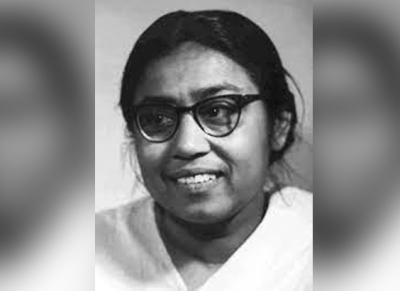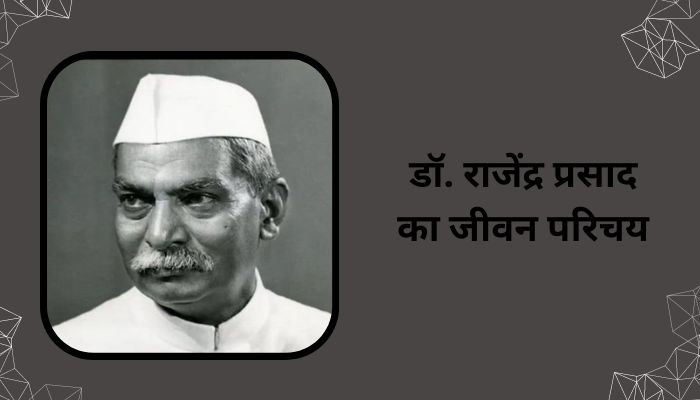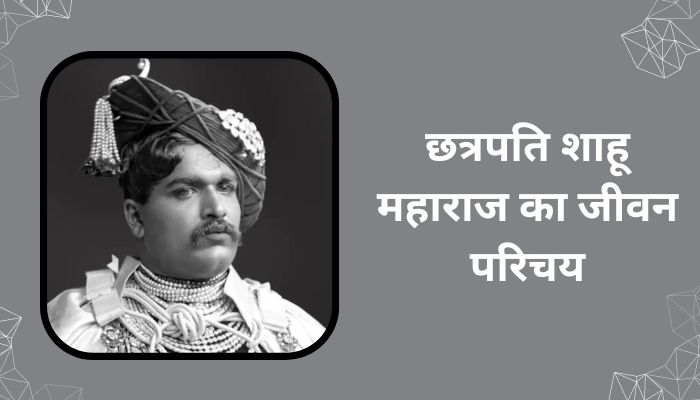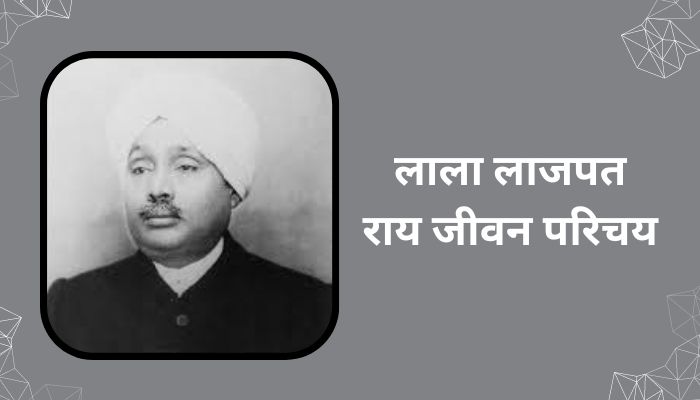“A person of rare courage and character who brought credit to Indian womanhood,” Mahatma Gandhi wrote about Sucheta Kripalani who performed the “Vande Mataram” in the Constituent Assembly just moments prior to Jawaharlal Nehru making his stirring “Tryst With Destiny” speech to celebrate Indias debut as the first Independent Nation “at the midnight hour” on the 15th of August 1947. She also became the first female chief minister of Uttar Pradesh, India’s most important state in terms of politics.
When she was a kid she was self-conscious and shy about her appearance and intelligence according to her autobiography, “An Unfinished Autobiography”. Yet, when she was 10 years old, Sucheta was so incensed by the Jalianwala Bagh massacre, which she heard about from her father as a child, that she along with her sister Sulekha were able to take it out on the children of the Anglo-Indian community with whom they played.
“I could understand enough to feel great anger against the British. We vented our anger on some of the Anglo-Indian children who played with us,” Suchetra wrote.
There were also the negative consequences of the anger.
Following the Jallianwala Bagh massacre in the year 2001, the Prince of Wales was in Delhi and the girls from her school were taken to Kudsia Garden to line up in his honour. Even though they tried to disobey the honour, the sisters could not do so, which left the two sisters furious at their apparent indifference.
“This did not absolve our conscience from feeling shame. We both felt very small of our cowardice,” Sucheta wrote.
An opportunity to make amends occurred to her as she was in Lahore’s Kinnaird College. In the time of a Bible course, the instructor made a few snide remarks regarding Hinduism. An angry Sucheta as well as her sibling demanded their father for help in retaliating. He instructed them on religion-based teachings. The next day, the two confronted the teacher using quotes from the Bhagavad Gita. The teacher did not make a reference to Hinduism!
Sucheta Kripalani (June 25, 1908 – December 1st 1974) was born in Ambala (then in Punjab today in Haryana) to the Bengali Brahmo family. The father of her mother, Surendranath Majumdar was a medical officer, whose work involved several shifts.
The regular school changes did not stand with earning a master’s degree in History at Delhi University’s St. Stephen’s College, following her previous studies in Indraprastha College, and Panjab University. She was also a Professor in the field of Constitutional History at Banaras Hindu University.
The year was 1936 when she married J.B. Kripalani, who was known as the honorific “Acharya”, a prominent person from the Indian National Congress who served as its General Secretary and later as its President. He was twenty years older than her. Both families were against the marriage, as did Gandhi but later retracted.
Grew up in a period when the atmosphere of the country was filled with elements of nationalists and the fight for freedom was growing in strength and the environment Sucheta was raised in and the circumstances she was faced with formed her personality.
Similar to her contemporaries Aruna asaf Ali, and Usha Mehta Sucheta became a force in the forefront of her time in the Quit India movement and was detained in the hands of the British. She was a close associate of Gandhi in the turmoil following Partition and, prior then, she been with him from 1946 to Noakhali following several semi-organised murders, abductions, and rapes as well as arson and looting, which took place in the Chittagong Division of what is today Bangladesh.
One of the women selected to be a member of the Constituent Assembly, Sucheta was one of the members of the sub-committee responsible for laying the foundation to create the Constitution of India. Also, she was the creator of the All India Mahila Congress, founded in 1940.
She was a candidate in her primary Lok Sabha elections in 1952 from the New Delhi constituency on the ticket of the shaky Kisan Mazdoor Praja Party (KMPP) that her husband created after leaving the Congress in protest that he felt that it was not adhering to Gandhian ideals.
She was defeated by Congress campaigner Manmohini Sahgal, Jawaharlal Nehru’s cousin. She was reelected from the same area 5 years after her defeat, but this time on the Congress ticket.
She was appointed the Chief Minister for Uttar Pradesh in 1963 and continued in office until the year 1967, the year in which she got elected into the Lok Sabha for the final time in the Gonda constituency in the state. Gonda district.
Her time in office was distinguished by her steadfast management of a state employee strike, which was the first time it has ever happened, and ran for 62 consecutive days and ended only after the employees’ leaders reached the compromise of removing their demands for a pay raise.
When the Congress disbanded in 1969 she chose to join an organization called the Congress (Organisation) section which was on the ticket of which she ran for the 1971 Lok Sabha elections from the Faizabad constituency but lost.
She resigned from politics afterwards and was confined to her home until her death on the 1st of December 1974.
A lasting tribute for her would be the Sucheta Kripalani Hospital which is connected to the Lady Hardinge Medical College in New Delhi.





